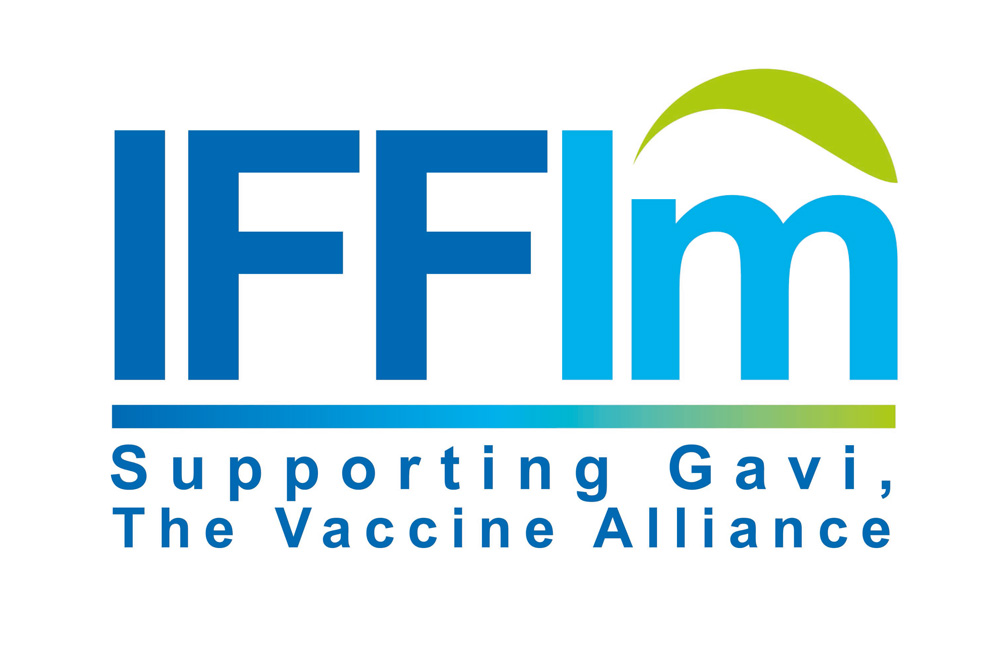New data shows vaccines have saved 154 million lives in the past 50 years
- Impact
- New data shows vaccines have saved 154 million lives in the past 50 years
New data shows vaccines have saved 154 million lives in the past 50 years
24 April 2024

Beatrice Otieno's four children, aged 16, 13, 7, and 8 months have been able to receive various life-saving vaccines such as BCG, inactivated poliovirus vaccine, and measles vaccine, among others. Credit: Gavi/2023/Kelvin Juma
An analysis of the impact of 50 years of the global vaccine programme shows the extraordinary value of vaccination.
An analysis of the impact of 50 years of the global vaccine programme shows the extraordinary value of vaccination.
By Gavi Staff
Announcements
IFFIm impact
IFFIm supports Gavi immunisation programmes by funding one-sixth of its overall budget.

Vaccines are the most effective way of preventing infectious disease and saving lives.
The Expanded Programme on Immunization (EPI), launched by the World Health Organization in 1974 in response to high rates of vaccine-preventable disease worldwide, was a significant milestone in public health. By reaching communities around the world with life-saving vaccines, the programme has contributed to an enormous reduction in preventable diseases.
The EPI helped eliminate smallpox, fight polio and massively reduce child mortality. After 50 years of its existence, an analysis published in The Lancet today show just how far-reaching the impact of the programme has been. This framework estimates deaths averted, years of life saved and years of full health gained for 14 pathogens within the EPI portfolio.
The majority of lives saved are in children younger than five years old. More than 9 billion years of life have been saved since 1974.
The analysis builds upon infectious disease modelling estimates produced by the Vaccine Impact Modelling Consortium (VIMC) and the Global Burden of Disease study (GBD).
Here are five key achievements.
1. Vaccination has saved 154 million lives since 1974
Between 1974 and 2024, 40% of the global reduction in infant mortality is attributable to vaccination (this benefit goes up to 52% in Africa). Improvements in water, sanitation and hygiene, better nutrition and other factors have improved health and reduced the spread of disease since the 1970s, but vaccination has made the biggest single contribution to the prevention of deadly infections.
Where vaccines have been able to stop transmission, vaccination of a critical number of people has protected unvaccinated people too – which is referred to as herd immunity.
2. Vaccination against measles has saved the most lives
Measles is highly contagious – one infected person can spread the virus to 18 other people. Not only can it be fatal, but it can cause lifelong disability in the form of blindness, deafness or intellectual disability.
Over 50 years, vaccines have prevented nearly 94 million deaths from measles and saved 5.7 billion years of life. However there remain challenges in getting measles vaccines out to all those who need them – according to WHO, 22 million children missed their routine first dose of measles vaccine in 2022, compared to 19 million in 2019.
3. In 2024, a child younger than ten years old is 40% more likely to survive to their next birthday compared with a child born 50 years ago.
The majority of lives saved are in children younger than five years old. More than 9 billion years of life have been saved since 1974.
Young children are the most vulnerable to many of the diseases that can be prevented by vaccines. Many of the diseases prevented by the EPI, such as rubella, polio, pertussis, pneumococcal disease and rotavirus, disproportionately affect young children.
4. The protective benefits continue past the age of 50
The benefits to older adults are greatest in African and Eastern Mediterranean regions, however people worldwide are still seeing the benefits of vaccination even at age 50.
5. 10.2 billion years of health have been gained
Vaccination doesn't just save lives, it also prevents the long-term consequences associated with severe disease, especially polio.
For every life saved, 66 years of full health were gained on average, translating to 10.2 billion years of full health gained. This takes into account years of disability caused by disease.
 | This article is republished from VaccinesWork under a Creative Commons license. Read the original article. VaccinesWork is an award-winning digital platform hosted by Gavi, the Vaccine Alliance covering news, features and explainers from every corner of global health and immunisation. |
Share this article
Restricted Access Library
 The material in this Restricted Access Library is intended to be accessed only by persons with residence within the territory of a Member State of the European Union and is not intended to be viewed by any other persons. The material in this Restricted Access Library is provided by IFFIm for information purposes only and the materials contained herein were accurate only as of their respective dates. Certain information in the materials contained herein is not intended to be, and is not, current. IFFIm accepts no obligation to update any material contained herein.
The material in this Restricted Access Library is intended to be accessed only by persons with residence within the territory of a Member State of the European Union and is not intended to be viewed by any other persons. The material in this Restricted Access Library is provided by IFFIm for information purposes only and the materials contained herein were accurate only as of their respective dates. Certain information in the materials contained herein is not intended to be, and is not, current. IFFIm accepts no obligation to update any material contained herein.
Persons with residence outside the territory of a Member State of the European Union who have access to or consult any materials posted in this Restricted Access Library should refrain from any action in respect of the securities referred to in such materials and are otherwise required to comply with all applicable laws and regulations in their country of residence.
By clicking Access restricted content: DYNAMIC-LINK-TEXT I confirm that I have read and understood the foregoing and agree that I will be bound by the restrictions and conditions set forth on this page.
The materials in this Restricted Access Library are for distribution only to persons who are not a "retail client" within the meaning of section 761G of the Corporations Act 2001 of Australia and are also sophisticated investors, professional investors or other investors in respect of whom disclosure is not required under Part 6D.2 of the Corporations Act 2001 of Australia and, in all cases, in such circumstances as may be permitted by applicable law in any jurisdiction in which an investor may be located.
The materials in this Restricted Access Library and any documents linked from it are not for access or distribution in any jurisdiction where such access or distribution would be illegal. All of the securities referred to in this Restricted Access Library and in the linked documents have been sold and delivered. The information contained herein and therein does not constitute an offer for sale in the United States or in any other country. The securities described herein and therein have not been, and will not be, registered under the U.S. Securities Act of 1933, as amended (the "Securities Act"), and may not be offered or sold in the United States except pursuant to an exemption from, or in a transaction not subject to, the registration requirements of the Securities Act and in compliance with any applicable state securities laws.
Each person accessing the Restricted Access Library confirms that they are a person who is entitled to do so under all applicable laws, regulations and directives in all applicable jurisdictions. Neither IFFIm nor any of their directors, employees, agents or advisers accepts any liability whatsoever for any loss (including, without limitation, any liability arising from any fault or negligence on the part of IFFIm or its respective directors, employees, agents or advisers) arising from access to Restricted Access Library by any person not entitled to do so.
"Relief" for mothers in Bayelsa state as malaria vaccine makes waves
07 November 2025
